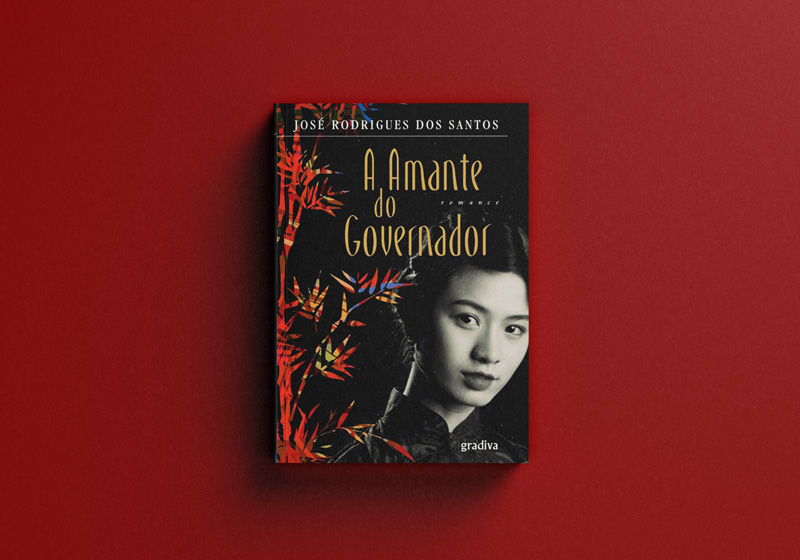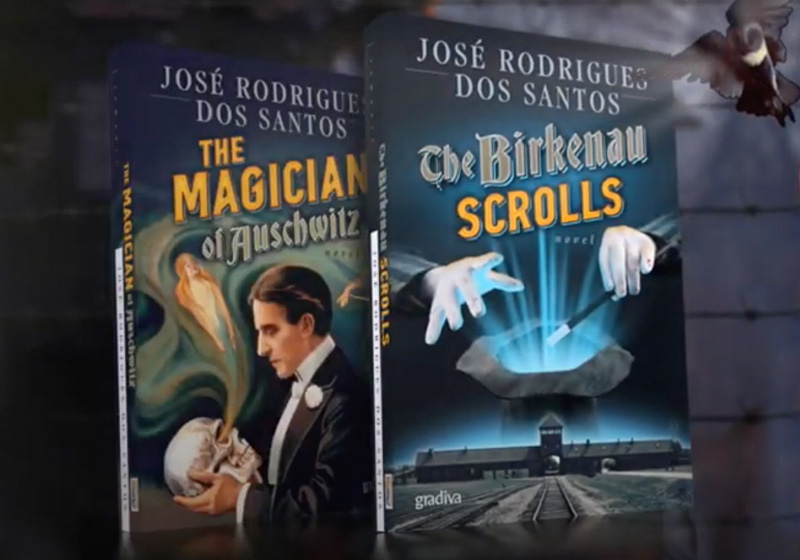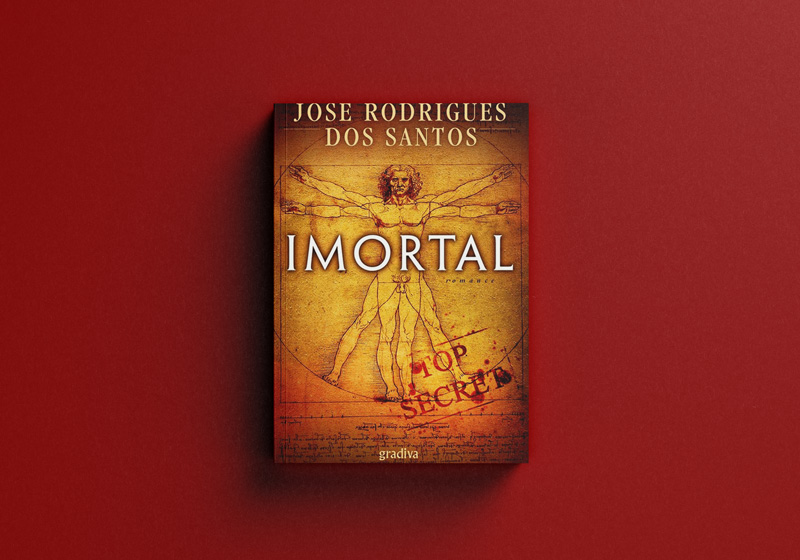Interview The Governor's Lover for Ponto Final
- The years you lived in Macau were enough to get the background of the book (names, places, Cantonese dialogues) or did you have to come here to research all this?
JRS: Of course the fact that I lived in Macau was crucial for me to be able to place myself within the location and the spirit of those days. I lived in Macau between 1979 and 1983 and the city was then very different from what it is today, not only in its architecture but also in the social, cultural and political environment. It was closer to 1940 Macau than to 2018 Macau.
- By the way, you recorded a video promoting the novel in Cantonese. Did you require help in doing that or do you still remember that much Cantonese?
JRS: I got help. I remember some stuff, of course, but it’s not enough. Besides, surely some intonations I used in many words are wrong. Cantonese is, as you know, very subtle in that respect.
- What sources did you use to recreate the 1940s? Did you come to Macau for research?
JRS: I used the traditional historical sources, such as books and newspapers from those days, and I interviewed people from that time too. It wasn’t necessary to come to Macau specifically for that. I already knew Macau very well, but I did take advantage of a visit I made to Macau to attend a literature festival to inspect some of the sites where the action in the novel takes place, such as the Grand Hotel, which in 1940 was the tallest building in the Portuguese empire and was partially occupied by the Japanese in the Second World War.
- Could you have written this book had you not lived in Macau?
JRS: It certainly was possible to have written some book, though surely not this book. Having first hand knowledge of Macau gave me a better understanding of the colony’s reality. That helped me reconstitute a time and a place. I am familiar with the kind of relationship that existed between the Portuguese, the Chinese and the Macanese in those days, I am perfectly aware of what the Macau Club and the Military Club meant, I know very well who the Senna Fernandes, the Assumpção and the Sales families are, I know what the Colégio de Santa Rosa de Lima and the Tap Seac are, I know all that because I lived all that. It’s different when a writer writes about a reality he lived, though maybe in different times, than about a reality he can only access through books and documents. A lot of what I lived in Macau translates into the novel. For example, The Governor’s Lover talks about people in Macau in 1940, such as governor Teixeira, the head of the Economy Services, Pedro Lobo, doctor Vargas of the Conde de São Januário Hospital or the great singer Art Carneiro, but you also can see in the book characters based on people I met in my Macau days, such as doctor Ritchie, doctor Leão, commander Jesus, captain Nobre, Johnny Reis… Even my character Jorge Lobo, based on the 1940’s Pedro Lobo, in fact mixes that Pedro Lobo with Jorge Rangel, a man from my days with a profile not much different of Lobo’s. Hence “my” Lobo’s name is Jorge Lobo.
- Can you please tell me how many hours or days did you spend writing the book? Does research take more time than the actual act of writing?
JRS: I don’t know how to count the hours and days of creating the book. In fact, it doesn’t actually matter. I only know it was heavy work, but since I was in love with the subject it wasn’t really work, it was sheer pleasure.
- The book seems so real that, for a reader, it’s impossible to separate facts and fiction. In your mind, as an author, is this separation clear?
JRS: Almost all I say in the novel is true. Even the police’s Spitfire group, the skirmishes at Lapaisland, the confrontation of Portuguese police and Japanese military sorted out by the Japanese consul with the Banzai! cry. What is fictional is the governor’s Chinese lover story and the Russian girl story with Lobo. But even that is not much fictional. I mean, how many Portuguese governors did not have Chinese lovers? How many Russian ballerinas did not get involved with Portuguese men? Wasn’t Pedro Lobo a womanizer? So, even the book’s fiction is not exactly fiction, it’s truth under disguise. The Chinese lovers existed and the Russian ballerinas too.
- When we read about governor Teixeira, for example, did you manage to research the actual historical man?
JRS: The basic things I tell in the novel about the governor are true – with the exception, I repeat, of the Chinese lover story in the circumstances I just explained. Of course I did change many details. The true governor Teixeira was a Navy man whereas “my” governor Teixeira was an Army general. But the real governor Teixeira’s son, who lived in Macau in those days and recalls very well all that happened, read the manuscript before publication to ascertain that the novel was true to the essence of who his father was and did.
- Is the book also a metaphor for the 500 years presence of the Portuguese in Macau, and its peculiar relationship with the Chinese?
JRS: It’s not a simple metaphor, it’s a homage to Portugal’s presence in Asia and the sons and daughters it left over there, a product of themarriages with local populations. And it was not only in Macau. The Governor’s Lover shows also in detail the reality of the Hong Kong Portuguese, people with names like Jack Tellesand Rick Remédios. And the Lotus Trilogy, that precedes this novel, talks about the Shanghai Portuguese, whom we know so little today.
- Your writing, at least in many chapters of the novel, present mini-stories that keep intertwining. It looks very television. Do you think a television series based on your book makes sense or such a thing doesn’t even cross your mind when you write?
JRS: All my novels are very visual. What I do is big Hollywood productions using mere words. With these words the reader becomes his own director because each one creates a movie in its mind. A movie or television series depends on the interest of a producer and financial means to become a reality.That’s not my job. Maybe Macau television gets interested.
- 10. Do you plan to return to Macau as a subject of a novel?
JRS: I didn’t think about it. I write about what I feel like, I guess. If I ever feel like writing about Macau again, why not?



